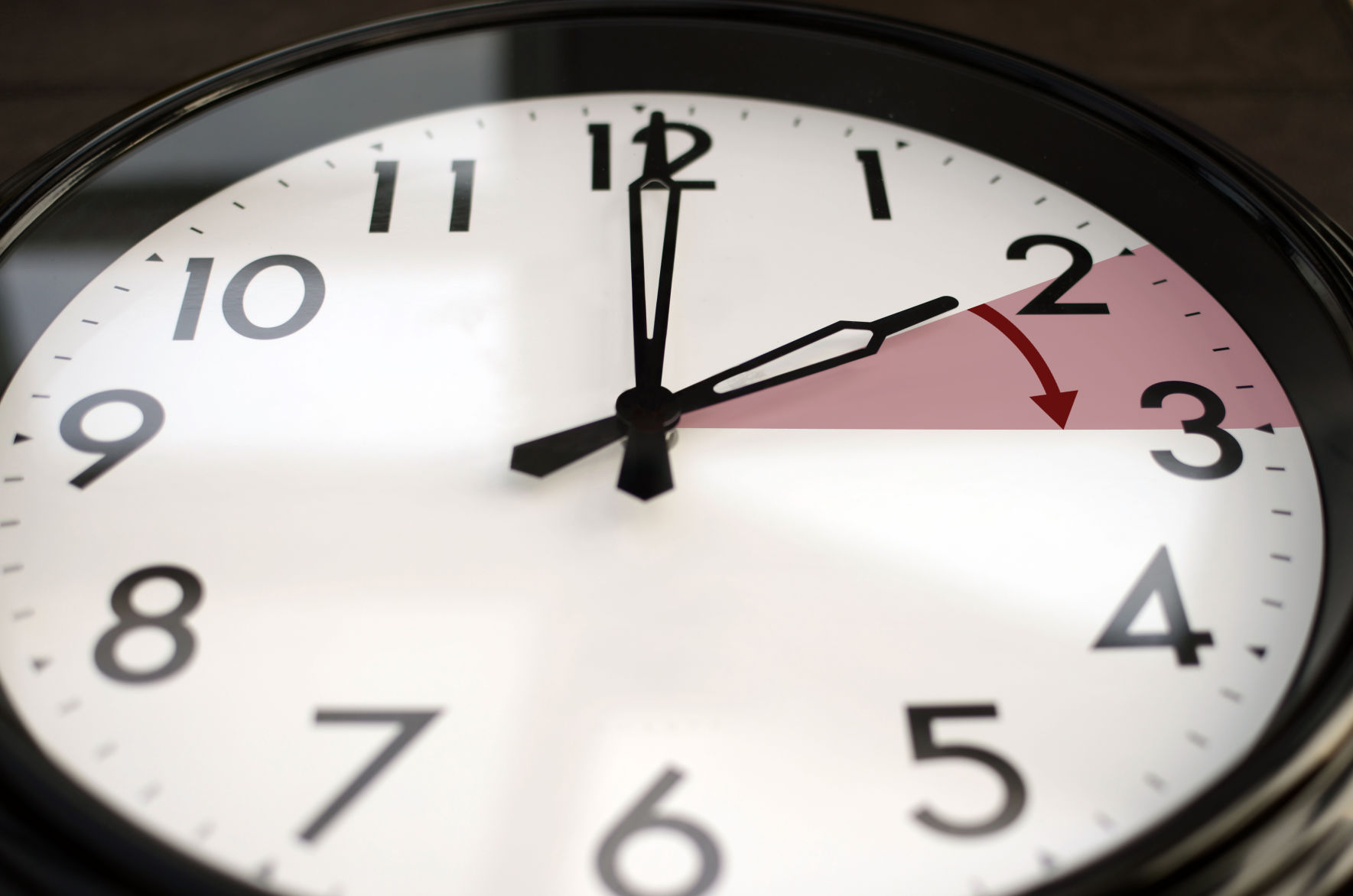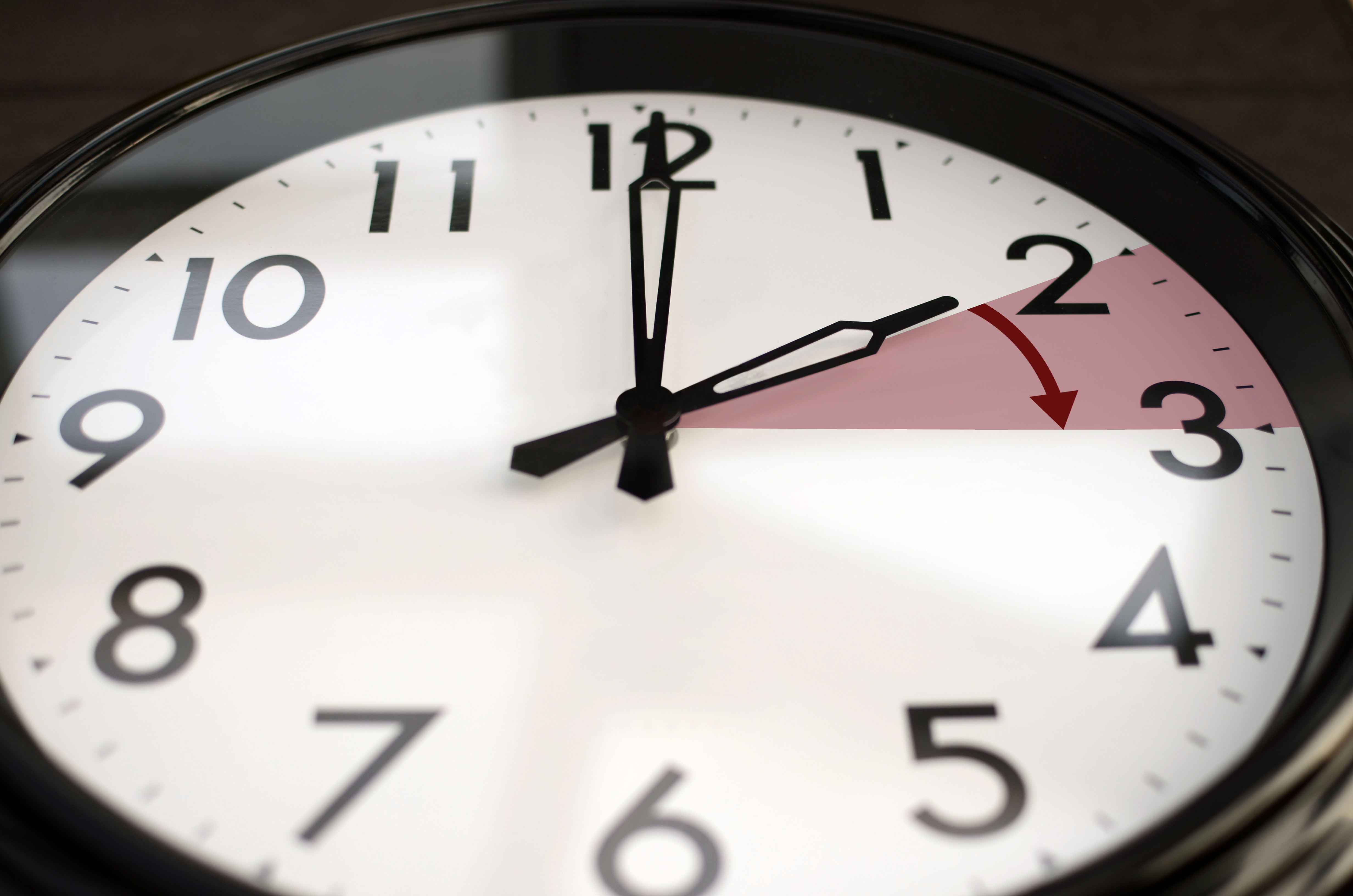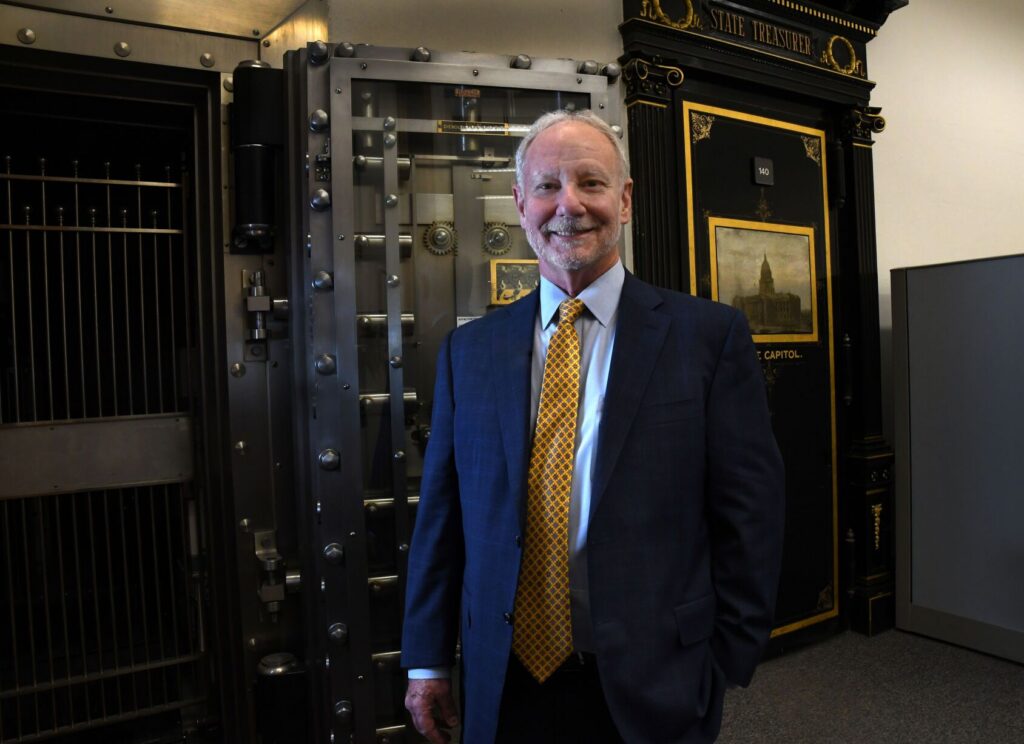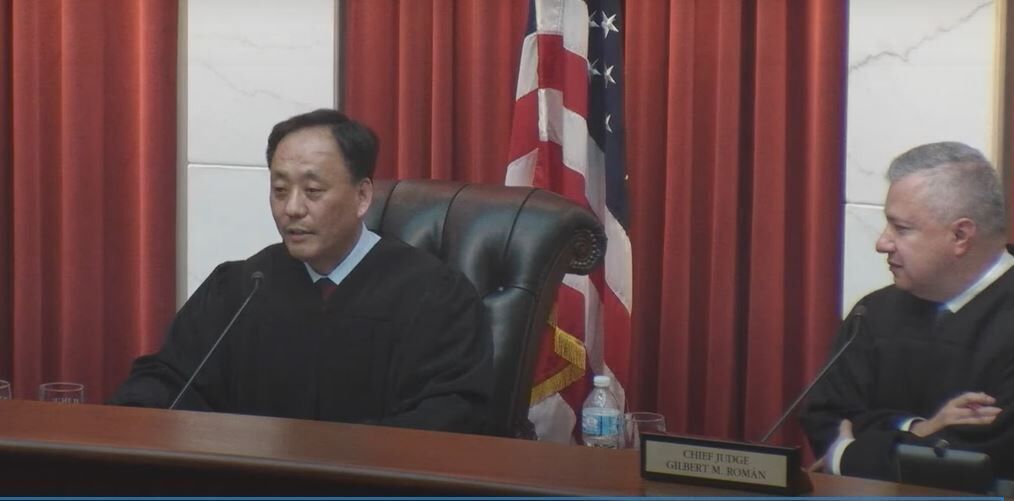Colorado joins list of states waiting to make daylight saving time year-round

Colorado has joined 18 other states in agreeing to make daylight saving time year-round if the federal government expressly allows states to do so.
Gov. Jared Polis signed the measure, House Bill 1297, into law on Thursday. In addition to requiring a federal law change, the bill mandates that four other states in the Mountain Time Zone also make daylight saving time permanent before Colorado can make the switch.
Colorado lawmakers have tried for more than 30 years – beginning in 1988 – to end the biannual flipping of the clock. Since 2015, state legislators have offered seven different bills and ballot proposals to make standard time or daylight saving time year-round, all of which were killed in committee. This year, HB-1297 passed the legislature with broad support.
“We finally did it,” Sen. Jeff Bridges, D-Greenwood Village, who sponsored the bill, said. “I couldn’t be more excited. … Now we just need Congress to do the right thing and lock the clock!”
The state Senate passed the bill in a 27-7 vote in May, following the House’s 50-12 approval in April. Republicans and Democrats supported and opposed the bill in each chamber.
Following the U.S. Senate’s unanimous approval of a bill to make daylight saving time permanent in March, most of the debate on the Colorado bill was not about whether the state should lock the clock, but about whether to stick with year-round daylight saving time or year-round Mountain Standard Time.
Another bill this session, Senate Bill 135, attempted to create a statewide ballot measure to leave Colorado in standard time year-round. A Senate panel killed the bill in April in favor of HB-1297 at the request of Bridges, who sponsored both of the measures.
“For folks that have to work in the morning outdoors to start off their day, we are making that harder,” said Sen. Kerry Donovan, D-Vail, while voting against HB-1297. “We are making school bus rides darker and we are making people who get to work earlier darker.”
Supporters of permanent daylight saving time said it would allow people to spend more time outdoors in the evenings, increasing mental and physical health while also boosting spending at local shops and restaurants.
Despite the conflict between standard and daylight saving time, legislators were clear that they wanted to end the switch once and for all.
By disrupting sleep schedules, the biannual time change results in more overall deaths from heart attacks, traffic accidents and suicides, according to several studies.
HB-1297’s passage was largely due to long-time opponents from the skiing and tourism industries going neutral on the bill with the amendment that four other states in the Mountain Time Zone adopt permanent daylight saving time before Colorado’s change can take effect. They argued this would prevent competition from nearby ski industries.
Three eligible states – Utah, Montana and Wyoming – are already on board. This means, if the federal government gives the OK, only one more state has to adopt daylight saving time: Arizona, New Mexico or southern Idaho.














